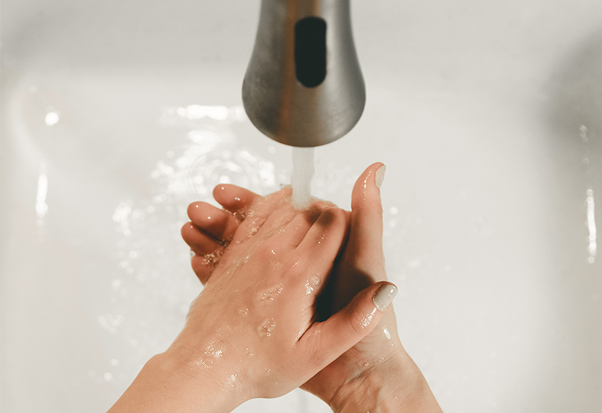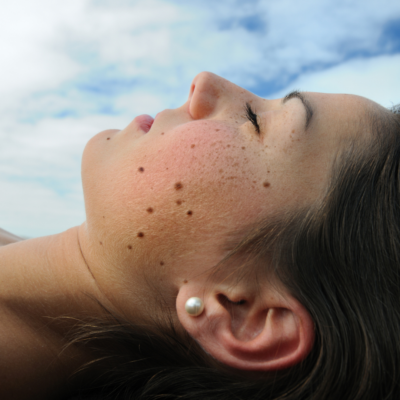
Protect Your Hands from the Effects of Frequent Washing
Wash your hands. That’s become the mantra of the coronavirus pandemic. And with good reason. Washing your hands – or using hand sanitizer – is one of the most important steps you can take to help protect yourself from the virus.
However, more frequent and longer handwashing may be more handwashing than most people are used to. Some people may see adverse effects on their hands from all that soap and scrubbing.
All About Hand Eczema
While washing your hands remains crucial at this time, it can deplete natural oils from the skin. This may cause an itchy, flaky skin condition known as hand eczema or hand dermatitis – in the old days known as “dishpan hands.”
In a study from Denmark, over 2,000 medical and healthcare workers answered a questionnaire about their handwashing frequency at work and at home. The researchers found that those who washed their hands 10 or more times a day were more likely to develop eczema on their hands.
Genetics, contact allergens and irritating substances can play a role in triggering this form of eczema. It typically affects people who work in cleaning, catering, hairdressing, healthcare and mechanical jobs where they may encounter chemicals and other irritants. But now as more people are washing their hands longer and often, there may be an uptick.
Unlike the coronavirus, hand eczema is not contagious. You cannot catch it from someone or give it to anyone else. But the symptoms such as itching can add to the stress most of us are feeling right now as the pandemic unfolds.
Symptoms can include:
- Redness
- Itching
- Pain
- Dryness, to the point of peeling and flaking
- Cracks
- Blisters
If you have one or more of the last four symptoms, call California Skin Institute to make an appointment with your dermatologist.
How to Counter “Dishpan Hands”
Whether frequent handwashing is causing a hand eczema reaction or is merely making the skin on your hands feel overly dry, here’s what you can do:
- Wash your hands with warm not hot water and use a fragrance-free cleanser if available.
- Gently blot your hands dry. Don’t rub. Try using a softer towel.
- Only use hand sanitizer when necessary. The active ingredient is alcohol which is drying to the skin.
- Use a long-handled brush when handwashing dishes to avoid additional contact with detergent.
- Apply a cream moisturizer immediately after washing your hands.
How Moisturizers Can Help
Moisturizers can help prevent and relieve hands irritated from washing. The National Eczema Association suggests basic petroleum jelly (aka Vaseline) and mineral oil as effective and safe, but if you prefer a less greasy solution, you can use a hand cream like California Skin Institute’s Nourishing Hand Cream. Lotions tend to be less moisturizing than creams or ointments. Avoid water-based moisturizers — when the water evaporates, they can dry the skin and worsen irritated skin.
Read labels to find out which moisturizers have the lowest water content. To be sure, contact your California Skin Institute dermatologist for product recommendations.
Wash Your Hands and Don’t Touch Your Face
Remember, please wash your hands frequently. Scrub for at least 20 seconds with soap and warm – but not hot – water, remembering to lather the backs of your hands, between your fingers and under your nails.
As dermatologists, we have always told patients not to touch their face. Our concern primarily was that bacteria on your fingers might spread dirt, oil, and bacteria possibly causing clogged pores and breakouts. Now it can also increase your risk of coronavirus. Be extra mindful of not touching your face.
We urge you to take all precautions recommended at this time. Here’s to your health.



 / 291 Reviews
/ 291 Reviews